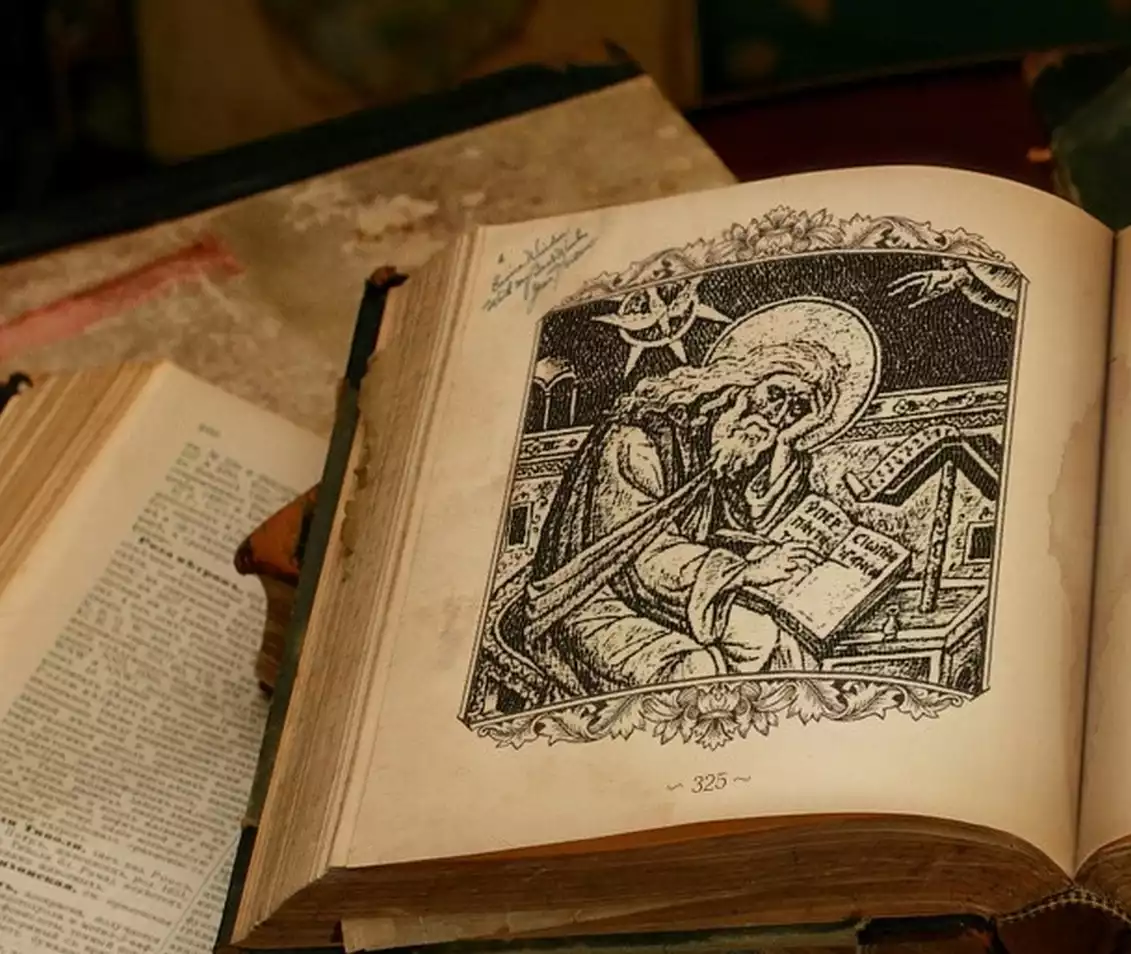
The Philokalia, a seminal collection of texts central to Eastern Orthodox Christianity, emerges as a profound guide in spiritual growth and contemplation. Compiled by St. Nikodimos of the Holy Mountain and St. Makarios of Corinth, this anthology spans writings from the 4th to the 15th centuries. Though the exact dates of its compilation are not definitively recorded, its influence extends far beyond its origins, offering insights into the ascetic and mystical traditions of the Orthodox Church.
Historical Context and Significance
Delving into the historical underpinnings of the Philokalia, it is essential to understand its role in Orthodox spirituality. This collection comprises writings from various church fathers, including St. John Cassian and St. John of the Ladder, emphasizing prayer, the pursuit of virtue, and the struggle against the passions. The Philokalia’s significance transcends mere literary value; it represents a spiritual compass guiding the faithful towards inner transformation and union with God.
In examining these texts, one discerns a consistent theme: the call to inner stillness and contemplation. The Philokalia encourages a life oriented towards theosis, the process of becoming more like God through the practice of virtue and prayer. This transformative journey is marked by a distinct shift from worldly concerns to a focus on spiritual realities.
Furthermore, the Philokalia’s impact extends beyond individual spiritual practice. It has played a pivotal role in the revival of hesychasm, a mystical tradition within Orthodox Christianity emphasizing the Jesus Prayer and the attainment of divine quietude. This revival, particularly noted in the 14th century through the teachings of St. Gregory Palamas, underscores the enduring relevance of the Philokalia in contemporary spiritual discourse.
In summary, the Philokalia serves not only as a historical artifact but also as a living testament to the enduring quest for spiritual depth within the Orthodox tradition. Its teachings, rooted in centuries of wisdom, continue to inspire and guide those seeking a deeper connection with the divine.
The Teachings and Influence of the Philokalia
The Philokalia, with its rich anthology of texts, delves deep into the heart of Orthodox Christian spirituality. It emphasizes the centrality of prayer, particularly the Jesus Prayer, as a means to attain inner peace and divine communion. These teachings underscore the importance of hesychasm, a practice of contemplative stillness and focus on God’s presence.
The texts within the Philokalia advocate for a life of asceticism and virtue. This involves a relentless struggle against the passions – a term in Orthodox spirituality referring to uncontrolled desires and impulses. The writings encourage the cultivation of virtues such as humility, patience, and love, seen as essential in the journey towards spiritual enlightenment and union with God.
Moreover, the Philokalia’s influence extends to its shaping of Orthodox monasticism. Monks and lay practitioners alike find in its pages guidance for their spiritual journey, emphasizing the necessity of a disciplined prayer life and the pursuit of personal holiness. The teachings contained in the Philokalia have also significantly influenced Orthodox theology, particularly in understanding the human condition, sin, and redemption.
In conclusion, the Philokalia stands as a cornerstone of Orthodox Christian spirituality. Its compilation of writings from various church fathers offers timeless wisdom on prayer, virtue, and the pursuit of divine union. The Philokalia remains a vital resource for those seeking a deeper understanding of Eastern Orthodox mysticism and spirituality, continuing to inspire and guide believers in their spiritual journey.
References
- “The Art of Prayer: An Orthodox Anthology” by Igumen Chariton. Faber & Faber, 1997.
- “The Jesus Prayer: The Ancient Desert Prayer that Tunes the Heart to God” by Frederica Mathewes-Green. Paraclete Press, 2009.
- “The Mountain of Silence: A Search for Orthodox Spirituality” by Kyriacos C. Markides. Image, 2002.
- “The Orthodox Church: An Introduction to its History, Doctrine, and Spiritual Culture” by John Anthony McGuckin. Wiley-Blackwell, 2010.
